
Biofuels summit in Washington DC highlights role of ethanol in transport decarbonization
![]()
The biofuels summit hosted by Growth Energy at Washington DC highlighted the role that ethanol continues to play in decarbonizing the transport sector.

![]()
The biofuels summit hosted by Growth Energy at Washington DC highlighted the role that ethanol continues to play in decarbonizing the transport sector.

![]()
From Brandon Bartneck – “I’ve spent the past four years chasing down the answer to the following question…
How do we make mobility better?
It’s meaningful. Probably the most impactful challenge that I’ve tried to help solve. But it’s far from straightforward.”
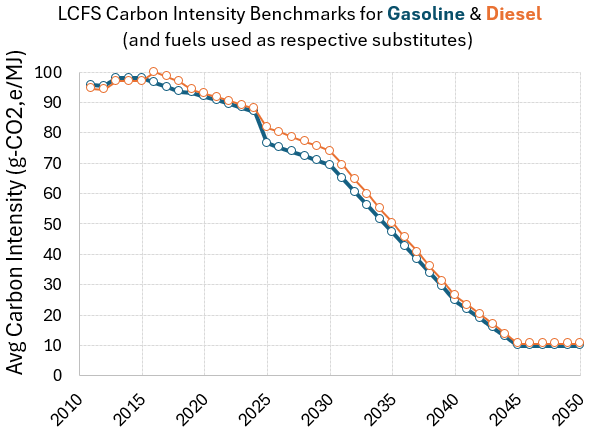
![]()
On August 12th, 2024, the California Air Resources Board (CARB) posted the latest proposed amendments to the Low Carbon Fuel Standard (LCFS). These confirm some of the previous amendments proposed earlier this year, while introducing new ones. Here is a recap of some of the important proposed changes.
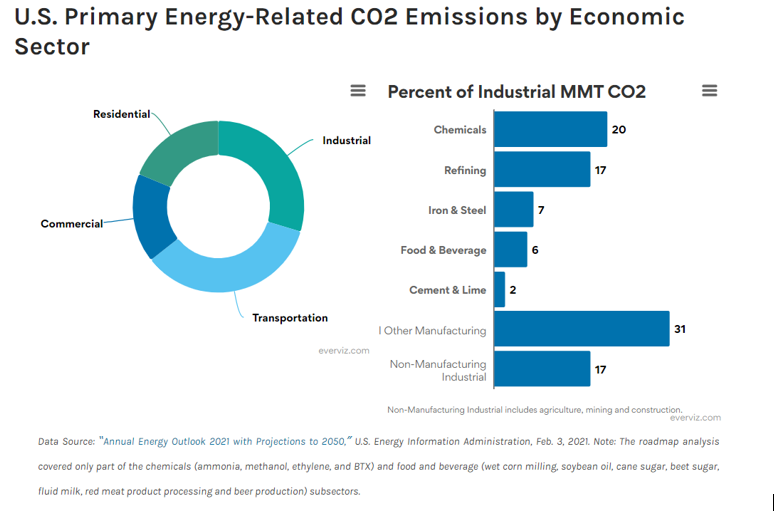
![]()
The journey of the IC engine can be summed up in two words: continuous improvement. Decades of engine research coupled with the relatively recent advent of renewable fuels is accelerating the gains in emissions abatement. Check out this webinar to learn more.
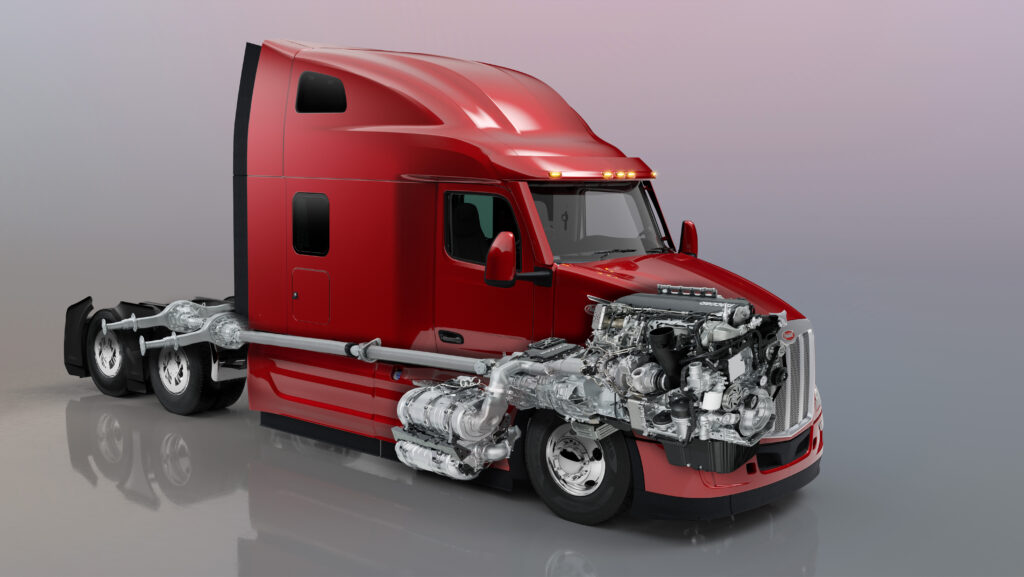
![]()
Truck manufacturers are offering improved versions that meet California’s MY 2024 Low NOx standards. Here’s a comparison of the underlying after-treatment technologies.
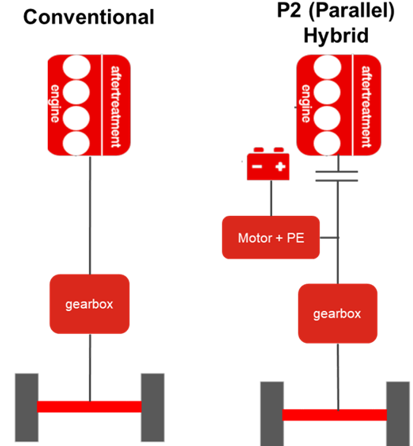
![]()
A summary of a new study highlighting the role hybrids could play in meeting upcoming CO2 standards in Europe, and the implications for electric vehicle share.
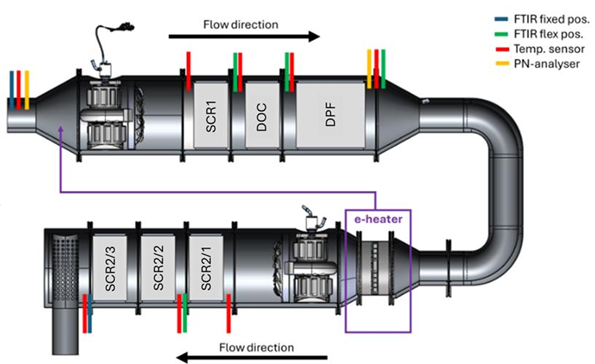
![]()
A potential technology pathway for meeting upcoming California low NOx standards for off-highway machinery was shown by Dinex at a recent conference.
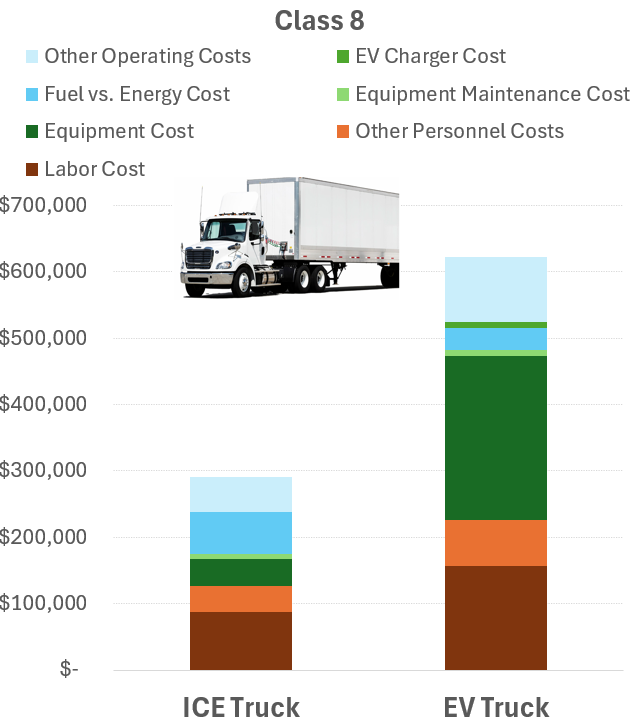
![]()
A new study shows that switching to a Class 8 truck can more than double the total cost of transportation. Here’s a summary.

![]()
The ACT Expo, 2024 covered all aspects of the latest technologies for commercial vehicles and provided a unique forum to discuss the “reality” on the ground for the energy transition. Here is a summary in pictures.

![]()
Lowering the carbon footprint of existing vehicles will require switching to low carbon fuels. The immediate question this raises, is “how much low carbon fuel can we make?” and, “doesn’t using biomass for fuels affect the food production?”